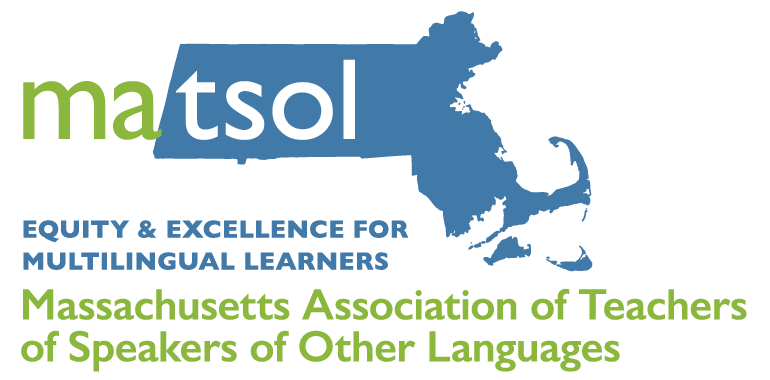Education Department Releases Resource Guide on Supporting Undocumented Students in High School and College
In an effort to ensure that all students have access to a world-class education that prepares them for college and careers, the U.S. Department of Education released a resource guide today to help educators, school leaders and community organizations better support undocumented youth, including Deferred Action for Childhood Arrivals (DACA) recipients.
“Our nation’s public schools should be welcoming, safe, and supportive places where all students, regardless of their zip code or where they were born, are given the opportunity to succeed. We know undocumented youth face unique challenges and we also know that educators and other caring adults in schools and colleges can play a major role in helping all students, including undocumented students, to achieve at the highest levels,” said John King, senior advisor delegated the duties of deputy secretary of education. “This guide provides actionable information and resources that educators and school and campus leaders can use to help improve outcomes for high school and college students.”
“It’s been three years since we unveiled the Deferred Action for Childhood Arrivals policy, or DACA, for those eligible young undocumented immigrants who were brought to the U.S. as children,” said U.S. Citizenship and Immigration Services Director Leon Rodriguez. “We strongly encourage those who might be eligible for DACA to use this resource guide. We applaud the Department of Education for providing these resources to the undocumented young people in this country who can benefit from DACA.”
The guide includes resources aimed at high school and college students and includes:
- An overview of the rights of undocumented students;
- Tips for educators on how to support undocumented youth in high school and college;
- Key information on non-citizen access to federal financial aid;
- A list of private scholarships for which undocumented youth might be eligible;
- Information on federally-funded adult education programs at the local level; And
- Guidance for migrant students in accessing their education records for DACA.
